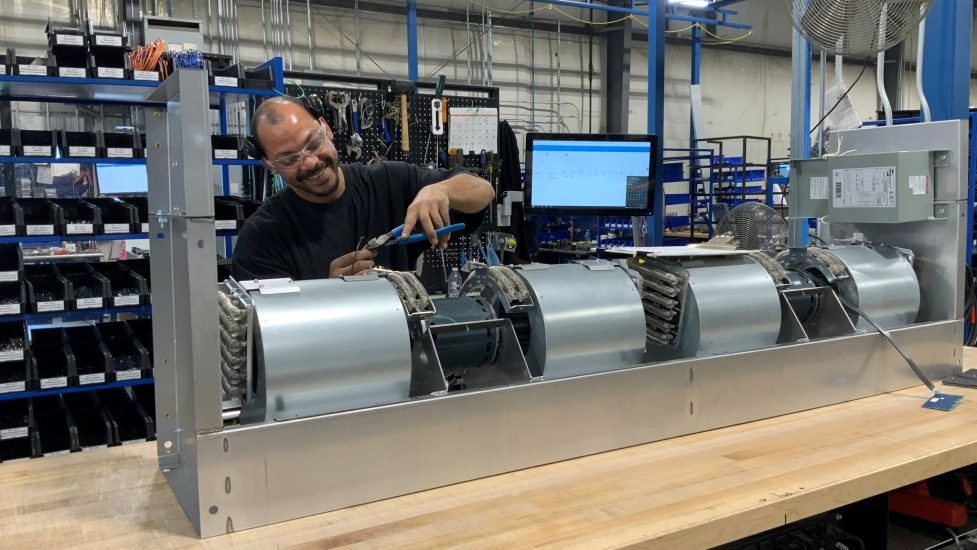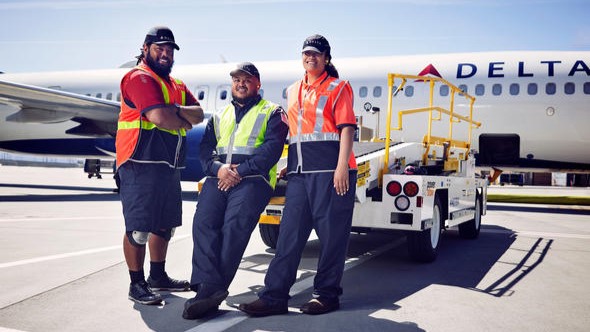As National Apprenticeship Week winds down, Tom Miller, president and CEO of Thomas P. Miller & Associates (TPMA) says, “Work-based learning is one of the fastest waves to catch right now.” TPMA is a national workforce and economic development consulting firm.

In September, the federal government launched the Apprenticeship Ambassador Initiative, a national network of more than 200 stakeholders who are committed to strengthening and diversifying Registered Apprenticeship.
In announcing the initiative, the current administration stated, “The Apprenticeship Ambassadors have existing Registered Apprenticeship programs in over 40 in-demand industries and have committed to expand and diversify these programs over the next year.”
The goal is to develop 460 new Registered Apprenticeship programs across 40 industries – culminating in the hiring of more than 10,000 new apprentices.
‘A continuation of our action-based strategy’
Among the Apprenticeship Ambassadors is TPMA . “It’s certainly an important designation to get from an organization like the U.S. Department of Labor. For us, it means a continuation of our action-based strategy approach,” says Miller.
“As we’ve all learned over the years, there are many paths to successful and good careers, some of which do include higher education degrees, master’s degrees, and so forth,” says Miller.
“Other pathways may require a certificate, an associate degree, or some sub-baccalaureate type of credential. I think that part of postsecondary education is the part that’s growing fastest right now.”
Miller notes that collaboration is key to successful apprenticeship opportunities. “It’s important to get the employers engaged very early on in these discussions to not only understand more clearly their needs, but how they can actively participate and support work-based learning specifically, in this case, apprenticeships.”
He continues, “It’s also important to get all those people at the table, the employers, the educational institutions, and other community stakeholders talking the same language.”
‘Establish a culture of learning’
According to Miller, employers need to examine how they support talent to fill open positions. “We’re dealing with a talent shortage. I think employers are recognizing that they have to do different things than just post a job in order to get the type of talent to come into their workforce. They’re going to have to do things like work-based learning, have effective apprenticeship programs, and really establish a culture of learning.”
As an Apprenticeship Ambassador, TPMA is proud of its future-forward thinking. “We pride ourselves on not doing theoretical plans or plans that might sit on the proverbial shelf. We pride ourselves on action steps and very forward-looking types of planning,” says Miller.
“For us, it validates that work-based learning is an important tool in a region’s toolkit, as well as an employer and other organizations that focus on growing and skilling human capital.”
Filling In-Demand Positions
“Our product is fabricated, welded, assembled, and then there’s the electrical side of things in the wiring. And that component or that portion of the build has always challenged us. The hardest employee for us to find is the electrical assembler specialist,” says Joe Miller, plant manager, Berner International – an air curtain manufacturer – in New Castle, Pennsylvania.
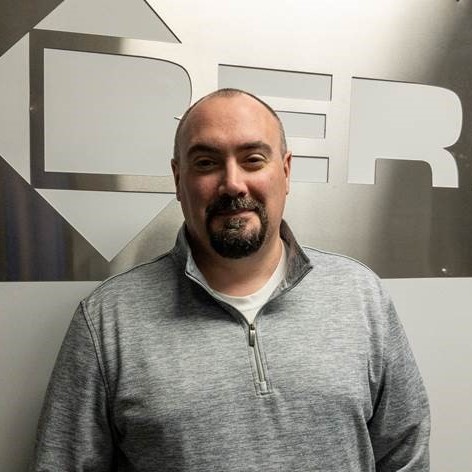
With some assistance from TPMA, Berner established its Registered Apprenticeship program in 2018. “We teamed up with Thomas P. Miller and they actually helped us develop the apprenticeship program and obtain state certification,” explains Berner’s Miller.
He continues, “What we ended up doing is we teamed up with Laurel Technical Institute. They had an existing two-year program. We whittled it down to the classes of that program that would benefit our individuals.”
“The success that we’ve had with our program has been internal. The intent was, ‘Let’s get things started.’ We assumed that it would be a slow process, so we thought we’d get things started with those individuals that we had internally,” explains Miller.
An Internal Pathway
Two Berner employees who took the apprenticeship route and now work as electrical assemblers are Nanette Leese and Ricky Cutter.
Several years ago, Leese – who has a long work history – applied for a job at Berner because she wasn’t enjoying working at a grocery store. Cutter applied to Berner when he finished high school – not wanting to take on student loan debt to attend college.
Both started at the company doing pre-assembly before applying for the apprenticeship program.
“When you take an apprenticeship program, you can advance faster when there’s an opening and an opportunity. And I like what I’m doing. That’s big,” says Leese.
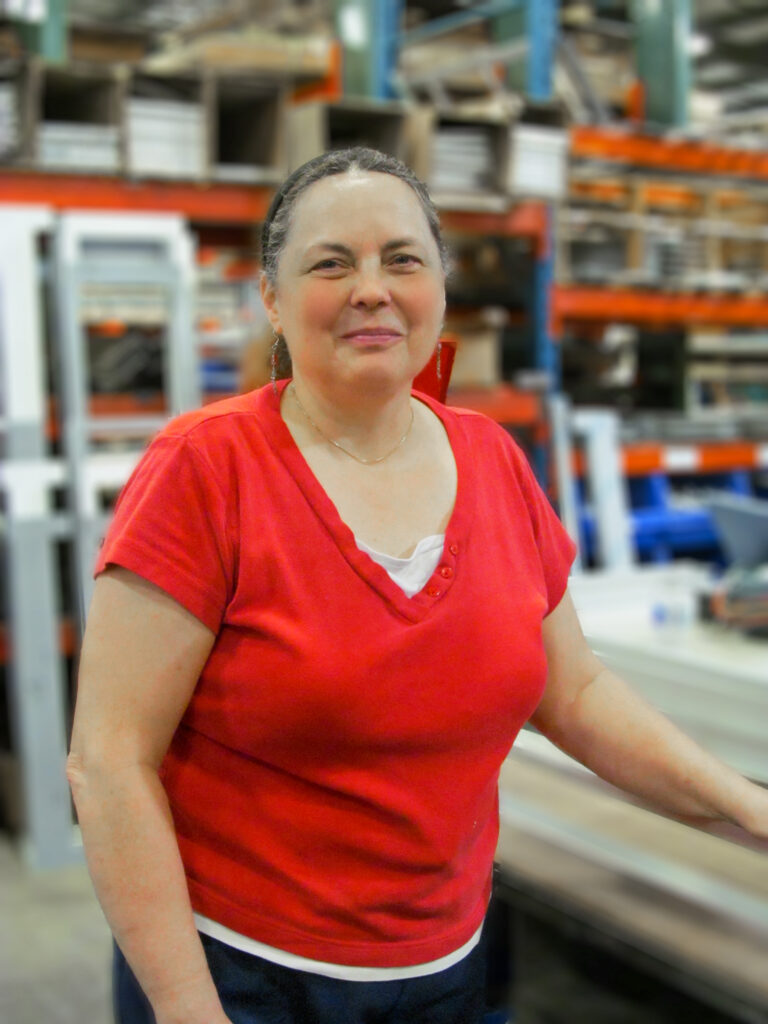
She notes, “You learn something every day. [Berner is] very patient. They take their time and they let me learn at my pace. I’m really happy about it.”
Cutter adds, “You’re making money while you’re learning something. That caught my eye. I really enjoy the hands-on learning. That’s a big thing for me. I did well in school, but for me I feel like I learned a little bit better and a little faster doing hands-on stuff which is a big thing with apprenticeships. It’s fun doing it, as well.”
Looking Ahead to Build Its Workforce
Miller of Berner says the company is working on doing more outreach in the community. “We knew that we needed to get out and throw some seeds out there so that we would end up pulling in some more additional employees.”
He says the company has participated in some STEM programs and manufacturing days to inform high school students. “We actually did one a couple weeks ago in Lawrence County. It was all local companies within Lawrence County with 13 different local high schools and technical schools.”
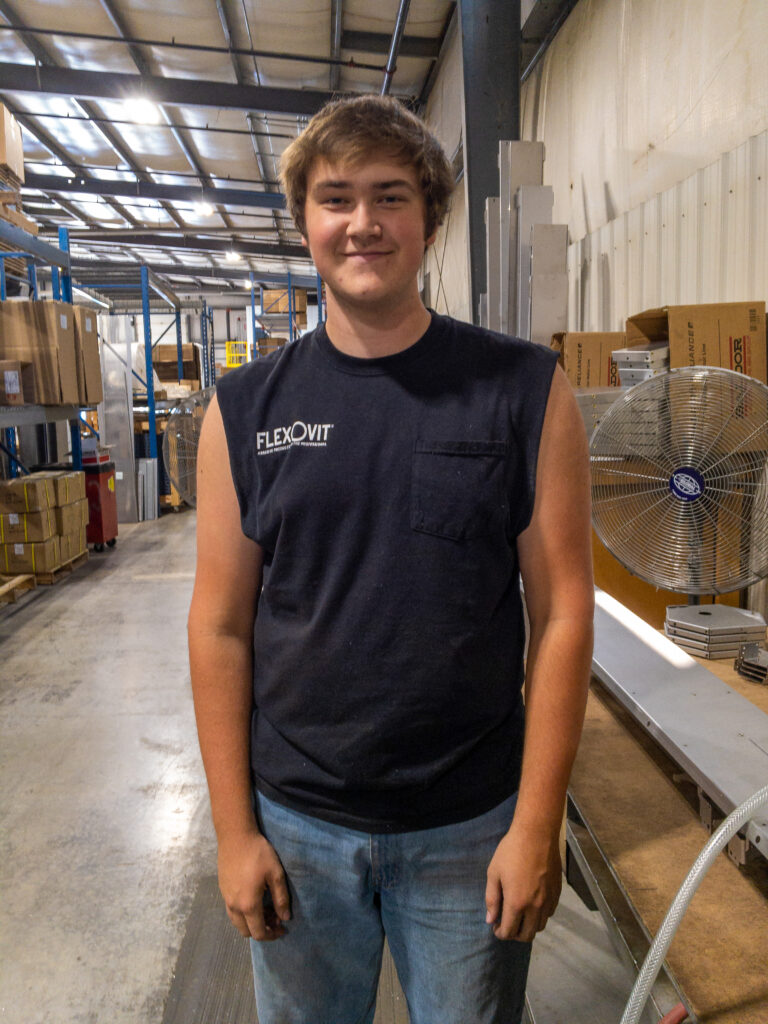
“Tenth graders would come through – tell them what opportunities we had, what we manufactured, from sales to the marketing to the manufacturing side of things, what was available within our company. Let them know what’s available and to try to keep them within the area.”
As far as long-term plans, Cutter says, “I’ll stick with it for a while. Every little unit we do is a little bit different in its own way. You’re not doing the same thing day in and day out. I really enjoy that.” Leese adds, “This will keep my interest forever.”

